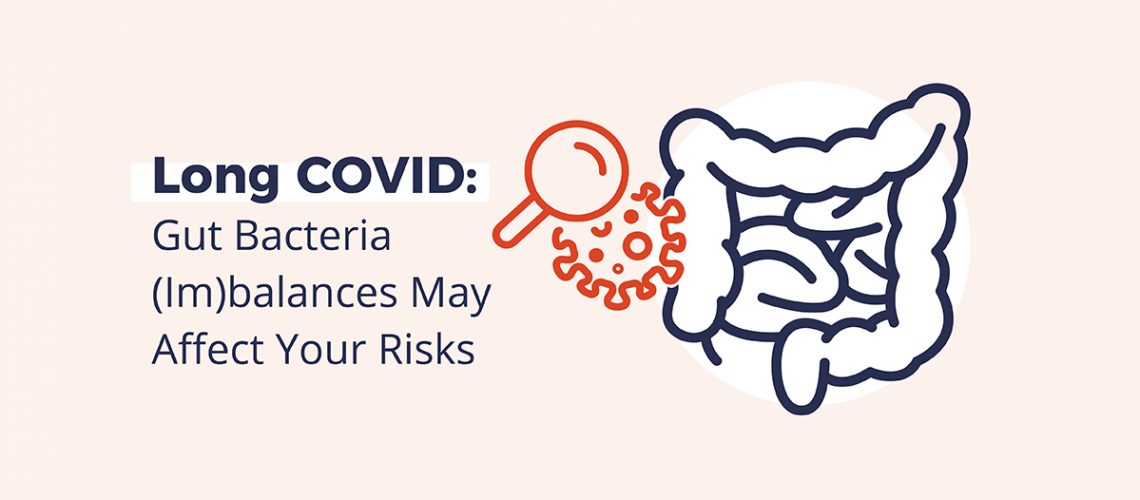Digest This
Click on the topics below to learn how probiotics can improve your digestive health, naturally.

The Connection Between Gut Health and Long Covid
- @drHoberman
- Disease, Healthy Aging
Long COVID: Gut Bacteria (Im)Balances May Affect Your Risks
Although most patients who contract the coronavirus recover within weeks, some COVID symptoms persist for some people long after an initial bout with the disease.
A study appearing late last year in Nature Communications estimates about 7 percent of patients infected with COVID-19 experienced at least one Long COVID symptom six months later.
Common symptoms of Long COVID include:
- Shortness of breath
- Joint and chest pain
- Cognitive challenges
- Fatigue and brain fog
- Insomnia
As time goes on, the more modern medical science is learning how the gut plays an increasingly important role in protecting or harming your health.
So far, we’re seen how some key variables come into play with COVID-19 in relation to your microbiome, like how you manage your diet and stress levels which help you maintain a healthy balance of gut bacteria.
Failing to protect a healthy balance of bacteria in your gut may also increase your risks of developing Long COVID many months after your initial run-in with the coronavirus, according to a recent report in the medical journal, Gut.
Gut Dysbiosis And Long COVID
A group of Chinese researchers examined the gut health of 106 COVID patients hospitalized over a six-month period in 2020 to 68 healthy patients by using stool samples to monitor any links to Long COVID.
More than three-quarters of patients participating in the study reported symptoms of Long COVID, with fatigue, brain fog, hair loss, anxiety and sleep problems among the most common challenges at the six-month mark.
Yet, despite no significant differences in common risk factors (age, pre-existing conditions or the use of antibiotics), a majority who suffered from Long COVID symptoms a half-year later experienced gut dysbiosis, meaning they had a less diverse mix of gut bacteria.
In fact, the overall makeup of gut bacteria among patients with Long COVID included 81 harmful species. For example, some harmful species from the Streptococcus and Clostridium families were linked to persistent respiratory problems.
Overall, the gut microbiomes of sick patients who didn’t develop Long COVID were similar to those who never contracted COVID at all.
What You Can Do
For the foreseeable future, Long COVID is here to stay and scientists are searching for answers. However, there are steps you can take to protect and strengthen your immune health and make that run-in with COVID a shorter, more uneventful one if it happens.
We already know that the lack of balance in the gut microbiome for COVID patients is a real problem and how these imbalances can show up in your blood. What’s more, just like the previous study, the depletion of key bacterial species associated with boosting immunity really matters.
For starters, cleaning up your diet (cutting out the sugar), starting some form of daily movement and working on a better sleep schedule can do a lot of good.
One more important thing you can do to give your immune system a direct boost: Take a probiotic formulated with multiple strains of beneficial bacteria like EndoMune Advanced Probiotic, uniquely fortified with 10 strains of beneficial bacteria from the Bifidobacterium and Lactobacillus families.
Resources
There Is An Endomune Probiotic For Every Lifestyle
-
EndoMune Metabolic Rescue
$44.95 -
EndoMune Advanced Probiotic
$42.95 -
EndoMune Companion Pack
$112.93









